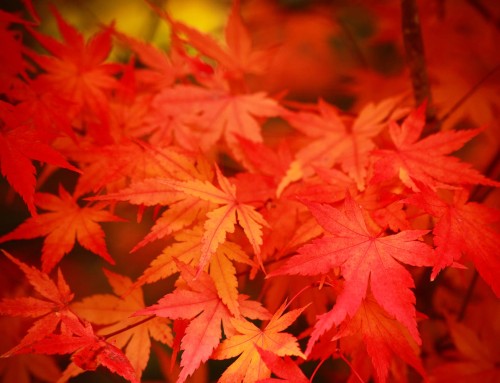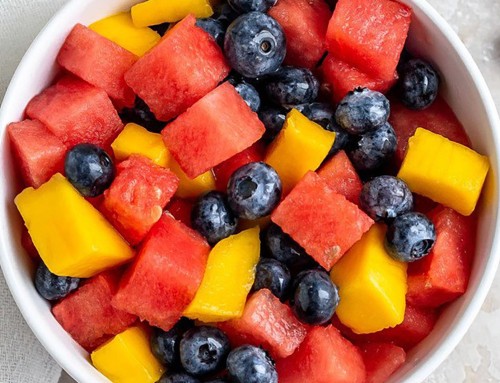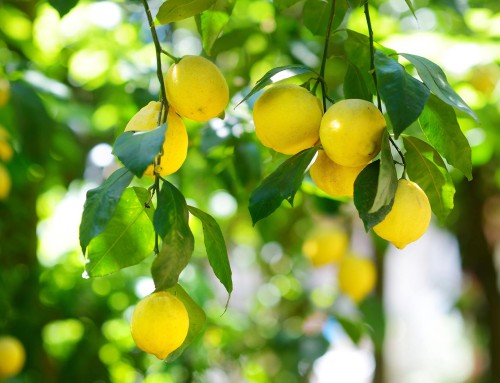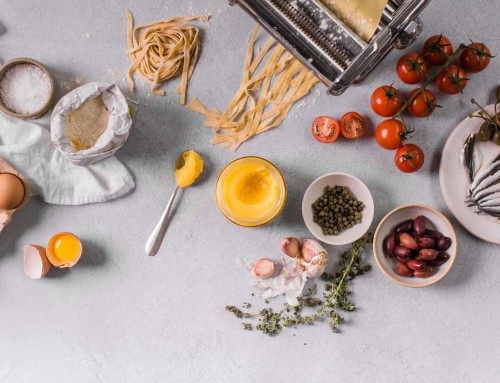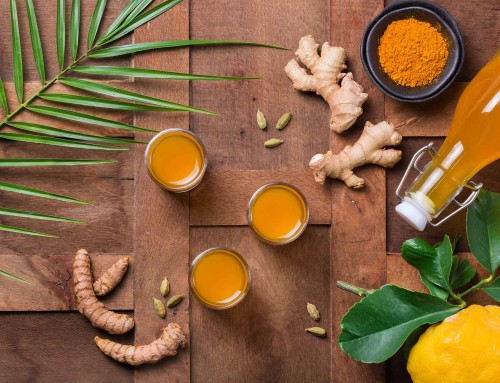
From the Ayurvedic viewpoint, interesting things happen within your body as winter gives way to spring and then spring give way to summer.
 As spring progresses, the cold, slow, heavy and sticky qualities of Kapha Dosha, that build up during late winter, gradually melt away and this often results in the chest colds and runny noses common in March, April and May. Springtime supports the body’s natural elimination process and cleansing regimens such as Panchakarma are highly effective during this time.
As spring progresses, the cold, slow, heavy and sticky qualities of Kapha Dosha, that build up during late winter, gradually melt away and this often results in the chest colds and runny noses common in March, April and May. Springtime supports the body’s natural elimination process and cleansing regimens such as Panchakarma are highly effective during this time.
Due to variable weather, spring can be a complex time for your body. One day it can be hot and sunny, which increases Pitta Dosha; the next day it can be cold and rainy, which increases Kapha. Since variability is one of the qualities of Vata, all these rapid weather changes can put Vata Dosha out of balance.
As May gives way to the hotter months of June, July and August, Kapha decreases and Pitta increases. These environment changes necessitate a change in diet and behaviour.
During springtime sweet, sour and salty foods that stimulate Kapha should be reduced and pungent, bitter and astringent foods favoured. But as the weather heats up, your body’s needs change and you should favour foods that prevent the build-up of Pitta.
Things to favour and reduce during summer (especially for Pittas)
| FAVOUR | REDUCE |
|---|---|
| Sweet, bitter and astringent tastes | Pungent, sour and salty tastes |
| Light, slightly oily, sweet, cooling and liquid foods | Heavy, dry and spicy foods |
| Fresh vegetables that grow in the summer. Milk, butter, ghee, lassi, cucumber, sweet fruits, and melons | Sour fermented foods such as sour cream, cheese, vinegar, tomatoes, yogurt and kefir. Red meat, ice cream and alcoholic drinks such as red wine |
| Barley, wheat, rice and oats | Millet, maize and rye |
| Cooling herbs such as mint, cardamom, cumin, coriander, fennel, dill and saffron | Garlic, onions, chilli, paprika, mustard, cloves, black pepper, salt |
| Yoga exercises, such as Suryanamaskar and Pranayama help cool your body. | Avoid over-exerting during exercise. |
| Swimming, gardening or walks by rivers and streams in calm and cool environments will help reduce Pitta. | Competitive activities or sports should be avoided. |
| Wear pastel coloured cloths to help cool you down. | Over-bright coloured cloths increase the hot quality. |
How much you need to change your diet and lifestyle during Pitta season will depend on your body-type. For example, if you are a Kapha type, reducing heavy foods or foods with a salty or sour taste will remain a good thing, but eating dry and spicy foods and maintaining an active exercise routine may not do you much harm. Similarly, for a Vata type, reducing pungent foods, such as garlic, onions and chilli, will be useful, as will not over-doing it during exercise, but sour and salty foods may still be fine, in moderation.
As heat goes up Agni goes down
 To remain balanced as the weather gets hotter your physiology compensates by reducing body-heat – some of your internal fire or Agni is sent out to the skin to facilitate sweat evaporation and help cool you down. As a result, your metabolism and ability to digest will naturally diminish over the summer.
To remain balanced as the weather gets hotter your physiology compensates by reducing body-heat – some of your internal fire or Agni is sent out to the skin to facilitate sweat evaporation and help cool you down. As a result, your metabolism and ability to digest will naturally diminish over the summer.
Eating plates of colourful raw vegetables and salads may seem the most natural thing to do in hot weather but, unless you have been blessed with a remarkably strong digestive fire, your body not be able to absorb all the nutrients locked within that uncooked food. Ayurveda recommends cooked rather than raw food as it helps strengthen your Agni fire and helps your body extract maximum nutrition. One exception is ripe fruit, which Ayurveda considers “cooked by the sun”. Avoid sour tasting or under-ripe fruits during summer, as they will increase Pitta.
Summer is often accompanied by the tinkling of ice-cream vans and it is so tempting to indulge in such cooling sweet treats on a hot day. But Ayurveda recommends avoiding iced foods and drinks as they will pretty much extinguish an already reduced digestive fire.
Don’t skip meals
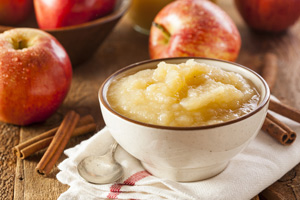 If you skip meals, or wait until you are ravenously hungry, Pitta Dosha can becoming aggravated. So, especially during summer follow regular eating habits.
If you skip meals, or wait until you are ravenously hungry, Pitta Dosha can becoming aggravated. So, especially during summer follow regular eating habits.
Unless you have a Kapha body-type make sure you eat breakfast. A nourishing yet light way to start the day is pears or apples cooked with a few dried fruits. Cereal cooked in milk or water along with dried fruits is a more substantial option.
Your main meal should be a midday, when your digestive Agni is strongest. As an aid to digestion, Lassi (yogurts diluted 1:2 with water with added digestive spices, such as cumin, fennel, cardamom and turmeric or some Pitta Churna) is highly recommended in the summer. You can drink this during or after your mid-day meal (not recommended in the evening).
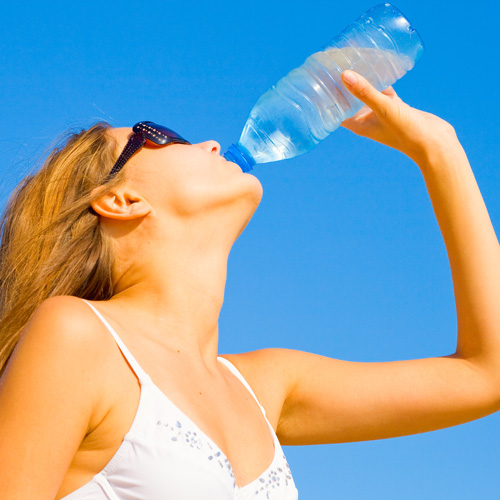 Drink, drink, drink . . . water
Drink, drink, drink . . . water
Pitta has a drying quality, so it is important to stay hydrated over the summer.
Drink between 4 and 6 cups of water daily. Pitta Tea from Maharishi Ayurveda products is particularly recommended.
Summertime routine
- Daily Ayurvedic oil massage is health-promoting at any time of year, but those with more Pitta in their constitution may want to switch from sesame oil to a cooler oil, such as coconut oil or almond oil.
- When outside avoid too much direct sun exposure between 10am and 3pm.
- It’s also best to exercise either in the early morning or in late evening.
- Avoid extreme sports during summer as this will overheat your body.
- Because of long summer days it’s tempting to stay up late, but the best quality sleep is still gained between 10am and 2pm.
- Because the sun rises earlier we also tend to wake up earlier during summer. If you go to bed late and get up early, the resulting lack of sleep can put both Vata and Pitta out of balance.
- Watching TV or using your computer late at night tends to aggravate the Pitta located in your eyes. Try turning off electronic devices earlier in the evening to save your eyes from strain.
- Burn aromatherapy oils that are sweet and cooling. Lavender, rose, jasmine, sandalwood, geranium and mint are recommended. Pitta Balance aroma oil is a blend of cooling aromas designed to balance Pitta Dosha.
- Daily Transcendental Meditation will do wonders in lowering your mental and emotional temperature.
How to know when Pitta is high?
Physical signs of excess Pitta include skin irritation or rashes, burning or itchy eyes, acidity, burning sensations and acid indigestion. Other signs are inflammation, problems with the small intestine and stomach, diarrhoea, sweating and fever. Prolonged excess of Pitta can result in ulcers and liver disorders.
Mental and emotional signs of unbalanced Pitta include, irritation, anger, hatred, jealousy, being over-competitive and being over-critical of others.
For some people, insomnia increases during the summer months. Waking up in the very early hours and not being able to get back to sleep is usually a sign of Pitta-based insomnia and Blissful Sleep Pitta will help with this.
 Make sure you maintain balance this summer
Make sure you maintain balance this summer
Start early and make changes to our diet and routine at the beginning of the summer. This will help avoid the gradual build-up of excess Pitta in your system and will allow you to enjoy what should be a healthy and blissful time of year.
It’s always a good idea to have a more detailed evaluation of your present state of balance, especially when there is a change from one season to the next. So, book a consultation with a qualified Maharishi Ayurveda practitioner for more personalised information about what diet and routine is best at this time. Such consultations are especially important if you are concerned about any underlying health problems.
Panchakarma treatments that help balance Pitta
*Pitta Abhyanga full body massage balances Pitta Dosha and helps release toxins that accumulate in the cells and tissues.
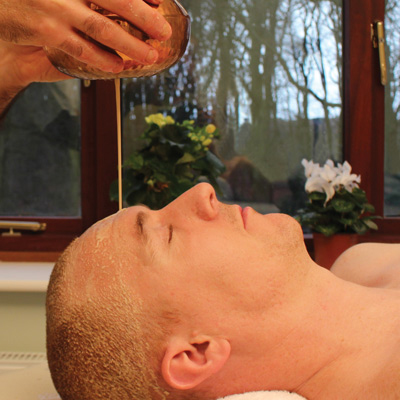 *Takradhara helps cooling the head and mind. It also relaxes the nerves and us useful for skin problems.
*Takradhara helps cooling the head and mind. It also relaxes the nerves and us useful for skin problems.
*Netra Tarpana is especially good for eye strain, tired eyes, itchy eyes, bloodshot eyes and a range of other eye problems associated with excess Pitta.
*Virechana helps remove excess Pitta from the upper intestines, which is the seat of Pitta. It also help remove any excess Kapha.
*Shiro Picchu and Shiro Basti help relieve stress, remove fatigue, enhance vitality, relieve insomnia, and calm and balance the mind.
Contact 01695 735351 or info@maharishiayurveda.co.uk for consultations or treatments.

